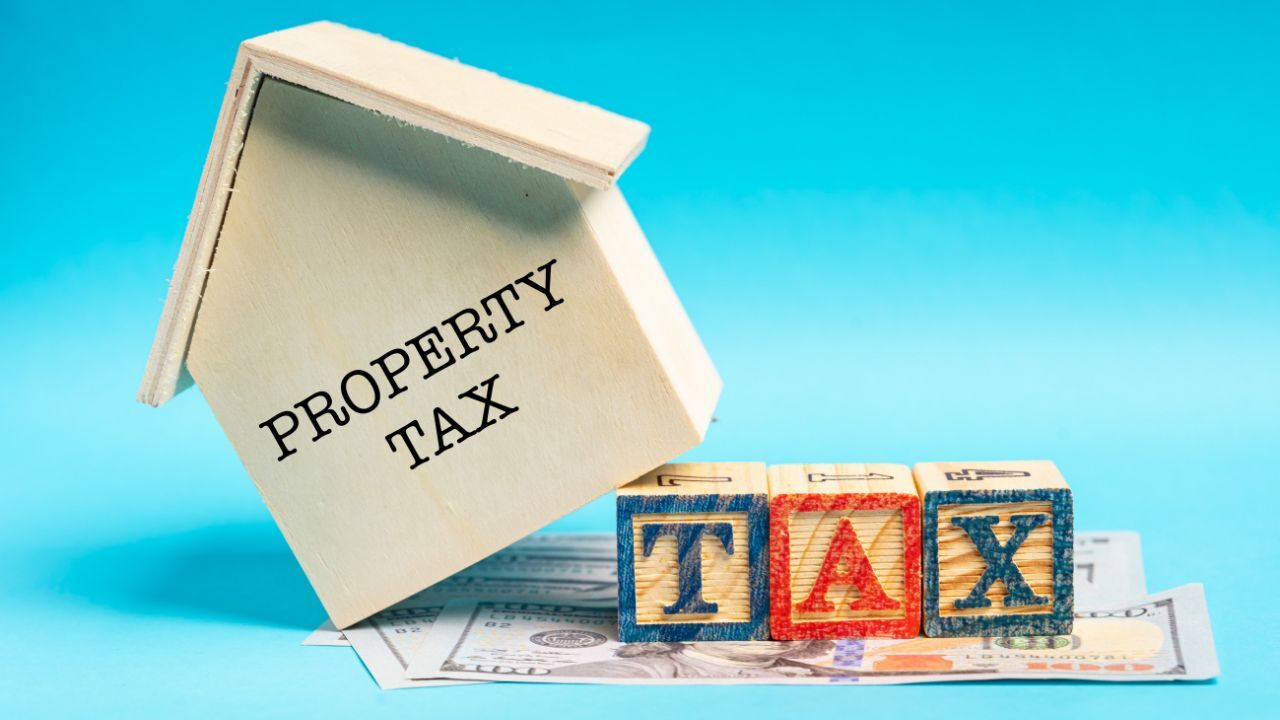 June is National Homeownership Month, a time to spotlight the programs that make owning a home more accessible to more people. While many potential buyers believe they need perfect credit or a large down payment, programs like HomeReady® and Home Possible® prove otherwise. As a mortgage originator, I see firsthand how these affordable loan options can turn homeownership from a dream into a reality.
June is National Homeownership Month, a time to spotlight the programs that make owning a home more accessible to more people. While many potential buyers believe they need perfect credit or a large down payment, programs like HomeReady® and Home Possible® prove otherwise. As a mortgage originator, I see firsthand how these affordable loan options can turn homeownership from a dream into a reality.
Understanding HomeReady and Home Possible
HomeReady® is offered by Fannie Mae and is designed for low-to-moderate-income borrowers. Home Possible®, offered through Freddie Mac, serves a similar purpose. These programs are especially powerful for first-time buyers, younger households, and families who may be living in high-cost or underserved communities.
The goal of both programs is simple: to help more people qualify for financing by providing flexible credit guidelines, low down payment options, and reduced mortgage insurance requirements.
Why They Matter This Month
National Homeownership Month is about increasing access to homeownership and helping people understand what’s available to them. That is exactly where HomeReady and Home Possible shine. These programs provide solutions for buyers who are ready to take the next step but may not meet the strict requirements of a conventional mortgage.
By highlighting these programs during National Homeownership Month, we can help more families understand that a lower income or smaller savings account does not have to be a barrier.
What Sets These Programs Apart
Both HomeReady and Home Possible offer:
- Down payments as low as 3 percent
- The ability to use co-borrower income (even if they do not live in the home)
- Credit flexibility including consideration for non-traditional credit
- Reduced private mortgage insurance (PMI)
- Homebuyer education courses to prepare borrowers for success
These features make a big difference for buyers who are financially responsible but may not fit into a one-size-fits-all mortgage box.
Real-Life Impact
I have worked with buyers who thought they needed years to save for a down payment or that their moderate income would prevent them from qualifying. With HomeReady or Home Possible, those same clients were able to purchase homes much sooner than they expected. That impact is life-changing, especially for families trying to build roots and financial stability.
The Power of Smart Guidance
The key is knowing which program is the best fit and how to use it strategically. That is where a knowledgeable mortgage originator comes in. During National Homeownership Month, I encourage buyers to reach out, ask questions, and find out what might be possible for them today, not someday.
Homeownership builds equity, provides stability, and creates opportunity. Thanks to HomeReady and Home Possible, more people can experience those benefits and take that first step toward long-term financial growth.
 When buying a home, most people focus on the home price, interest rate, and monthly payment. But there’s another major factor that can significantly affect your mortgage: property taxes. These taxes can make your mortgage payment higher than expected and understanding how they work is key to managing your budget effectively.
When buying a home, most people focus on the home price, interest rate, and monthly payment. But there’s another major factor that can significantly affect your mortgage: property taxes. These taxes can make your mortgage payment higher than expected and understanding how they work is key to managing your budget effectively.